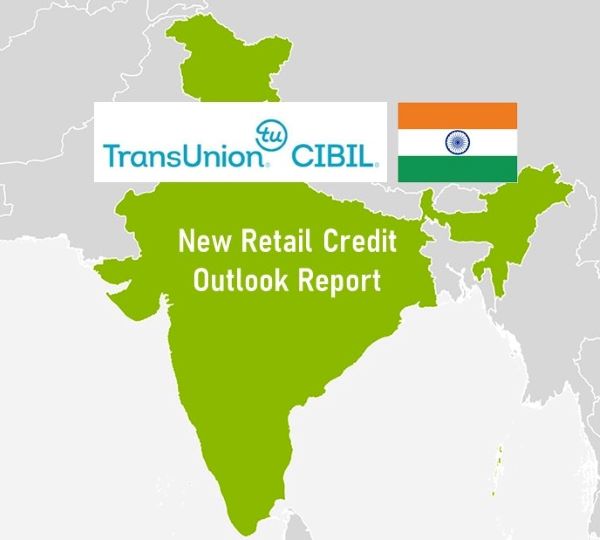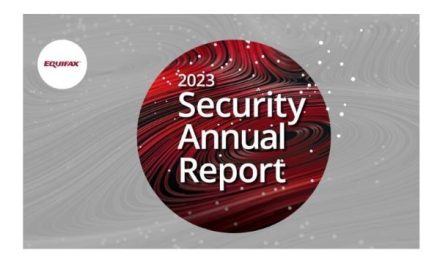Information and insights provider, TransUnion CIBIL, published a report that sets out a potential outlook for the Indian retail credit market in the wake of the COVID-19 pandemic. The study draws on lessons learnt from the previous financial crisis to help map potential changes across the major retail credit categories.
- New retail credit outlook report predicts a significant change in demand for certain retail credit products, whilst lenders take a more cautious approach
- Macroeconomic factors and their effect on consumer finances are projected to lead to an increase in delinquency rates, which are anticipated to be more pronounced for unsecured lending products
- Lenders need to innovate and redesign their operating models to better support consumers in these unprecedented times
The report attempts to answer key questions such as, how the operating environment may change for lenders, what the effect may be on retail credit growth and the likely impact on asset quality, and lays out the key implications from these findings for lenders to incorporate into their strategies.
By tapping insights from the last recession and understanding what macroeconomic factors drive the shifts in consumer demand and asset quality, TransUnion CIBIL wants to ensure that lenders are empowered to plan with greater certainty and can continue to support consumers during these unprecedented times, whilst also effectively managing portfolio risk.
The study looks at how the lockdowns implemented to curb the spread of the virus, and the virus itself, have had far reaching implications. It acknowledges that consumers’ financial positions have changed dramatically, with many facing pay cuts and lay-offs. It outlines the sharp drop in consumer sentiment and the significant hit to consumption demand and spending. The research observes that the economic implications of the current crisis will have a significant bearing on the future trajectory of the retail credit growth and asset quality. At the same time, it recognizes that the impact on asset quality of an individual  lender’s portfolio will also depend on the risk management practices adopted by that lender, including the use of risk models and data analytics in credit underwriting, portfolio monitoring through behavior scorecards and early warning systems, and implementation of collection prioritization models.
lender’s portfolio will also depend on the risk management practices adopted by that lender, including the use of risk models and data analytics in credit underwriting, portfolio monitoring through behavior scorecards and early warning systems, and implementation of collection prioritization models.
Source: TransUnion Cibil news


























